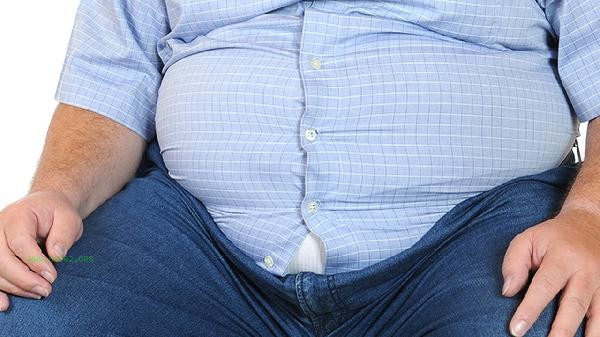During the bottleneck period of weight loss, weight gain instead of loss is a common phenomenon, usually related to metabolic adaptation, decreased exercise efficiency, or lax dietary management. This situation may cause frustration but will not directly harm health. The key is to adjust strategies to break through the platform period. After continuous weight loss, the human body will activate self-protection mechanisms, and the basal metabolic rate decreases with weight loss, leading to a decrease in calorie expenditure. Muscle loss is also a common cause, especially during rapid weight loss, if there is a lack of strength training, muscle breakdown will further slow down metabolism. The solidification of exercise mode will allow the body to adapt to a fixed intensity, resulting in a decrease in heat burning efficiency. Some people may experience retaliatory eating or misjudging food calories due to long-term strict dieting, resulting in excessive intake. Female premenstrual hormone fluctuations may also cause temporary retention of water and sodium, resulting in false weight increase. In rare cases, pathological factors such as hypothyroidism can significantly reduce metabolic rate, and polycystic ovary syndrome patients are prone to insulin resistance. Some antidepressants or hormone drugs may cause weight gain. Long term extreme dieting leading to malnutrition can disrupt endocrine balance and instead promote fat storage. Excessive psychological pressure can continuously increase cortisol levels and trigger central obesity.

It is recommended to recalculate the daily calorie requirement corresponding to the current weight and adjust the diet structure appropriately to increase the proportion of high-quality protein. By combining high-intensity interval training with resistance exercise to disrupt metabolic balance, a deception meal can be scheduled once a week to stimulate leptin secretion. Record dietary logs to identify hidden sources of calories and ensure a daily water intake of no less than 2000 milliliters. If there is no improvement for more than a month, medical attention should be sought to check thyroid function, blood glucose, and hormone levels. The plateau period is a process of rebuilding balance in the body, and maintaining a regular schedule and positive attitude is more important than short-term weight loss.











Comments (0)
Leave a Comment
No comments yet
Be the first to share your thoughts!